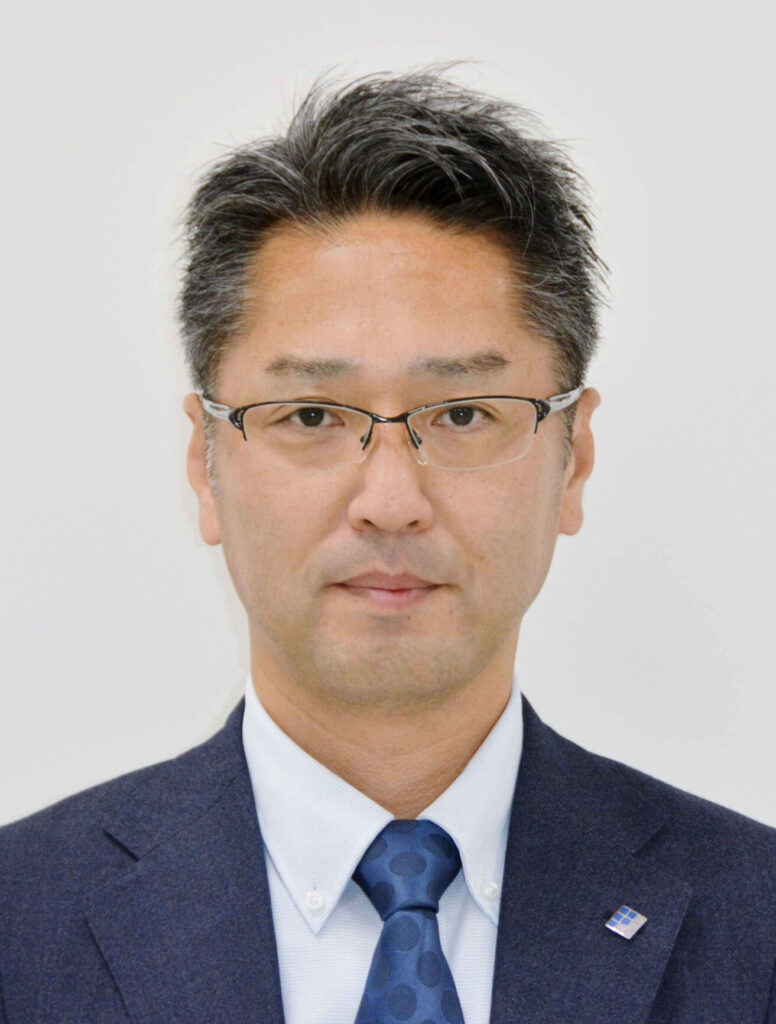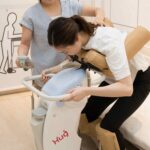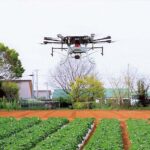ASIA ELECTRONICS INDUSTRYYOUR WINDOW TO SMART MANUFACTURING
FUJI Sets Eye on AI-Equipped Smart Machines
FUJI Corporation operates two business groups for the global market: the robot solutions business and the machine tool business. The robot solutions business focuses on mounting machines and accounts for about 90 percent of the company’s net sales. Meanwhile, the machine tools business handles machine tools. In this interview with AEI, Joji Isozumi, President and Chief Operating Officer of FUJI Corporation, shares the company’s business prospects and strategies for 2024 amid industry challenges.

AEI: 2023 was a difficult year for the mounting industry mainly due to the sluggish investment environment in manufacturing. How did the overall industry climate affect FUJI’s business?
Isozumi: In 2023, the mounting machine business (robot solutions business) remained relatively firm in the U.S. and Europe. This is especially true for the automotive and industrial equipment fields. However, overall, the business in the first half was affected by the movements in orders received in advance, particularly in 2022. Meanwhile, in the second half, capital investments in smartphone and in-vehicle equipment fields, particularly in China, and by electronic manufacturing service (EMS) providers emerged. Accordingly, we received higher requests for the evaluation and introduction of equipment. Generally, I expect capital investment to begin to recover in 2024.
AEI: What is the future development direction amid the continuing evolution of FUJI Smart Factory (FSF)?
Isozumi: It has been more than 10 years since Industry 4.0 was proposed. In relation, our FSF has been evolving over the past 10 years. The first step (FSF 1.0) was to link equipment. The second step (FSF 2.0) was to link the entire surface-mount technology (SMT) line. This includes data management and utilization and remote management; and now, the third step (FSF 3.0) is to make equipment and SMT lines intelligent, including the use of artificial intelligence (AI).
At the same time, FUJI has commercialized the new AIMEXR, an expandable all-in-one mounting machine that meets diverse on-site needs.
FSF realizes automated production in an environment that promotes the harmonious coexistence between humans and machines. In relation, the company has created various options to introduce FSF to the manufacturing environment.
AEI: How do you position the China market in your overall global strategy?
Isozumi: There is a certain amount of demand in China, and there have been recent signs of investment recovery in domestic smartphone and automotive applications. We will continue to respond to these trends. On the other hand, an increasing number of manufacturers are expanding and shifting their production bases from China to Southeast Asia and other regions.
Rather than concentrating on a single region, we are targeting a wide range of demand while strengthening horizontal integration. For one, India has an abundant labor force, but it also has high IT skills, and interest in cutting-edge equipment is high. For example, even if we shift production from China to India, there is no longer a regional difference in the acceptance environment. Our basic policy is to provide the same quality and service worldwide. From the perspective of assisting customers’ board mounting business in India, we have begun to offer packaged SMT equipment and production processes.
We will also offer packaging as a solution for SMT introduction in Indonesia, Vietnam, and other countries where demand is expected to increase in the future.
AEI: Can you share the latest developments in FUJI’s production system?
Isozumi: Our new Okazaki plant, which is under construction, aims to expand the mounting machine business. It will start operation in Sept. 2024. It will be a state-of-the-art plant with robotics and internet of things (IoT) technologies. Upon completion, it will have a production capacity 1.5 times than of the previous plant. The implementation of digital manufacturing will enable the plant to operate with less risk in the face of fluctuating demand.
Meanwhile, the Kunshan plant in China will produce SMT printing machines, production line transport equipment, and products for machine tool business. Also, it is in the process of doubling its production capacity.
Although local production for local consumption in the manufacturing industry is progressing, we will prioritize production in Japan to cope with the outflow of intellectual property. We will use local inventories through our worldwide network of distributors and other means to shorten delivery times.
AEI: Can you describe recent developments in Fasford Technology Co., Ltd. (FFT)?
Isozumi: FFT became part of the FUJI Group company in 2018. It develops, manufactures, and sells semiconductor manufacturing equipment, mainly die bonders for memory. FFT’s R&D building was completed in Nov. 2023.
Now, FUJI is jointly working with FFT to develop products in new fields that combine the semiconductor mounting process, which takes advantage of FFT’s advanced expertise, with the versatility of electronic component mounting machines.




